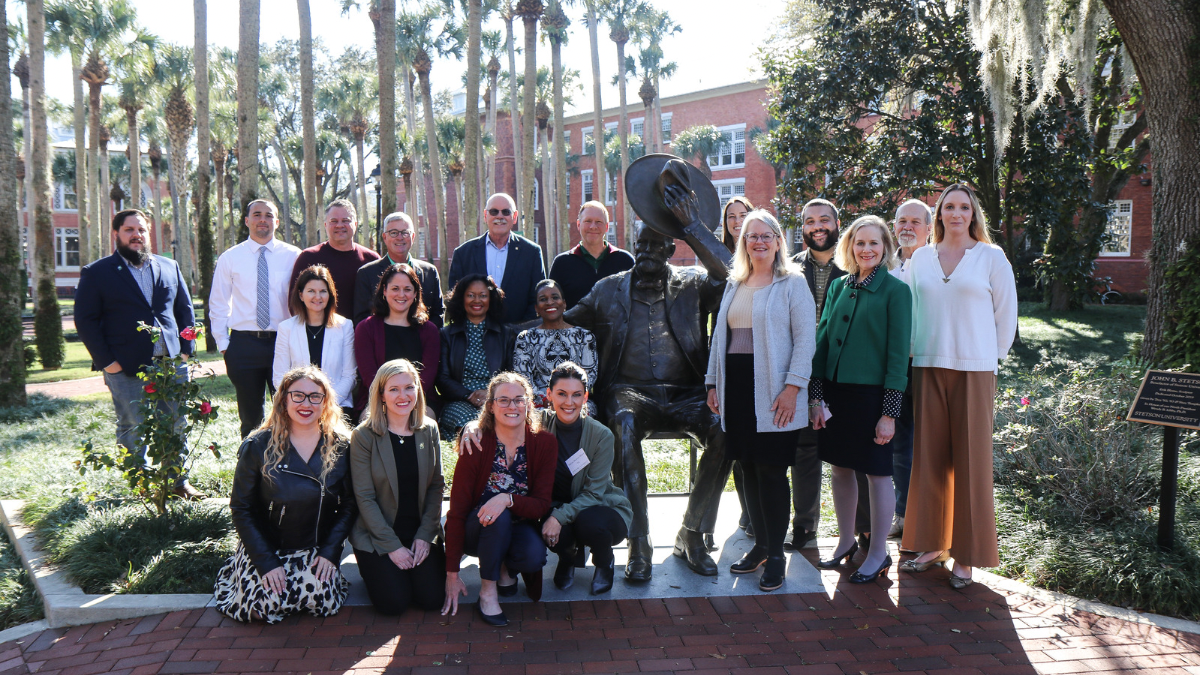Revisionist History
Our nature is to focus attention on sounds that are appealing and words that are inspiring. We want to hear things that produce good results for us and would rather tune out news and information that is unpleasant, or at the very least uninteresting at the moment. (Think about “daydreaming” in school.)
Over time, we learn to hear what we want and get even better at filtering out other sounds. That “filter” can become quite thick over time. Unfortunately, some take the filtering to an extreme and essentially stop listening altogether, falsely believing that they already possess all the information they need. The filter becomes thicker still as they nurture the response of closing off unwanted information.
Two big problems occur when the information filter becomes clogged:
- Learning stops.
- Mistakes are made as a result of incomplete or inaccurate information.
Fortunately, in business and professional life, these problems can be overcome. Active listening is a skill and, like any worthwhile skill, can be learned and practiced. Avoiding the formation of a response in your mind, before another person even has spoken the words past their lips, is a great place to begin. Another useful practice is paraphrasing what you’ve heard back to the speaker, using you own words to express your understanding of what’s been said; that causes both parties to clarify and confirm intent.
There is so much activity and information flying by us in today’s Information Age that it is a challenge to process it efficiently. In group settings and within task forces or teams, it’s invaluable to capture critical agreements and decisions in accurate notes. If you’re a team leader, sharing a summary of key points, decisions and planned actions is an important and necessary activity. The time spent in this effort pales in comparison to the frustration and wasted motion of fixing the consequences of misunderstandings later.
Revisionist History can be intentional and is the hallmark of totalitarian regimes. But, more often than not, in everyday life and business it’s a result of poor listening and even weaker understanding. Active listening, paraphrasing, clarifying, confirming and documenting will improve outcomes.
Tempus Maximize!







